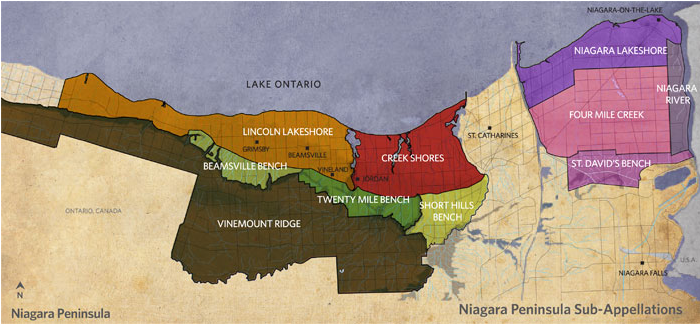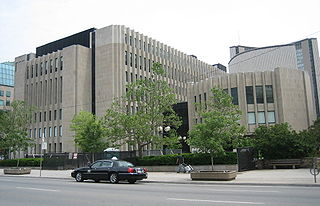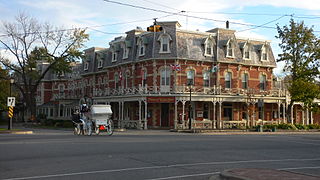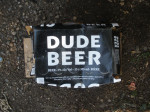Brendan linked to this article about an innovative wine sampling device:
Five years later and news of another device with even more exciting ramifications for the wine trade began to ripple across from the US. Nuclear engineer and, crucially, wine lover Greg Lambrecht turned his mind to exploring whether it might be possible to sample the contents of a cellar without having to pull the cork.
Fourteen years and 23 prototypes later, Coravin was born. The portable apparatus allows a needle to be inserted through the foil capsule and cork; it then extracts the wine, fills in the gap with inert argon and withdraws, leaving the flexible cork to reseal itself.
Having initially launched in the US, Coravin is now available to be shipped to 22 countries and made its first UK appearance last October, priced at £300.
Although vice-president for marketing Howard Leyda says “the primary target market for Coravin is wine enthusiasts first for personal use”, it is the UK restaurant scene that has been generating the biggest buzz around what many believe is a real game changer.
[…]
Until Coravin becomes more easily available, a number of restaurants that have managed to get their hands on one can be seen drumming up excitement among their clientele by promoting this gadget’s most obvious application: the chance to taste some serious old wines.
At one early adopter, D&D London restaurant Avenue, the French- and American-focused wine list now reaches its apogee in the form of vertical flights of Mouton Rothschild and the first growth’s Californian sister venture Opus One.
Other options include Cheval Blanc 1999 at £91 for a 125ml glass or, for those looking to treat themselves on a tighter budget, a 75ml sample of Clerc Milon 2004 for £13.
“It’s really interesting for us to be able to offer these wine flights,” enthuses Avenue restaurant manager Robert Kihlstrom.









